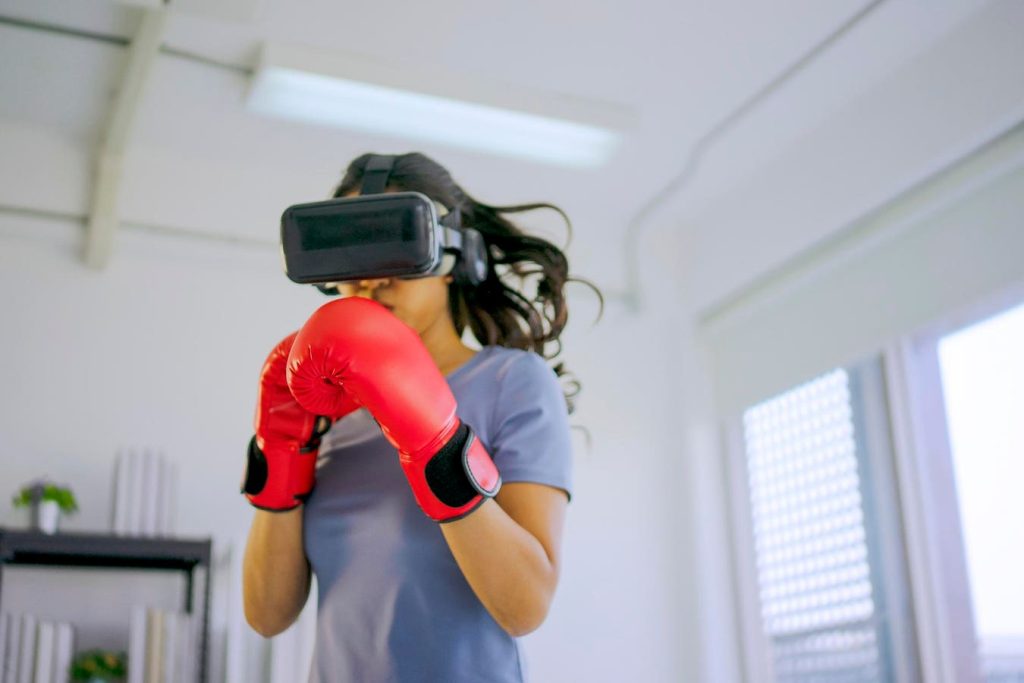As the CEO of a leading sports and health tech investment ecosystem, I am constantly looking at how trends in these industries can create new opportunities for organizations and individuals. In the health technology sector, I see artificial intelligence as a key player, with the potential to impact staffing and preventative medicine significantly. In the world of sports and health tech, extended reality (XR) solutions are poised to transform operational and engagement strategies for businesses, particularly those that prioritize people-first experiences.
In the healthcare industry, AI is playing a vital role in addressing challenges such as workforce shortages and disease detection. Companies like Ada Health, Hyro, and ORtelligence are deploying AI solutions focused on workforce optimization and streamlining workflows, leading to increased efficiency and reduced staff burden. Despite hurdles such as accuracy assurance, data biases, and privacy concerns, AI technologies are showcasing their ability to outperform human capabilities in certain aspects, driving efficiency, cost-savings, and innovation in the industry.
Extended reality technologies, encompassing virtual, augmented, and mixed reality, are becoming increasingly popular in both healthcare and sports sectors. In healthcare, XR is being used for training, simulation, and pain management, while in sports, it is enhancing the fan experience through immersive and interactive content. Despite high price points posing a challenge for mainstream adoption, the global XR market is expected to grow significantly, driven by applications in education, industrial training, and advancements in 5G technology.
A new trend of human-centered innovation is emerging, emphasizing a people-first approach to address real-world challenges through community integration. Companies like Boram Care and Spartan Race exemplify this trend by prioritizing in-person experiences over purely digital solutions, resonating with communities and addressing real challenges. As AI and XR technologies continue to evolve, reshaping solutions in healthcare and sports technology, the focus on people-first experiences and human-centric solutions is expected to take center stage in 2024 and beyond.
I believe that the intersection of AI and XR trends highlights a growing commitment to people-first experiences across industries. AI is driving a more resilient, patient-first healthcare industry, while XR is reshaping healthcare operations and fan engagement. By embracing a people-first principle, technology is evolving to prioritize personal connections and real-world challenges over purely digital solutions, leading to innovative solutions that resonate with communities and individuals in the post-pandemic landscape.


